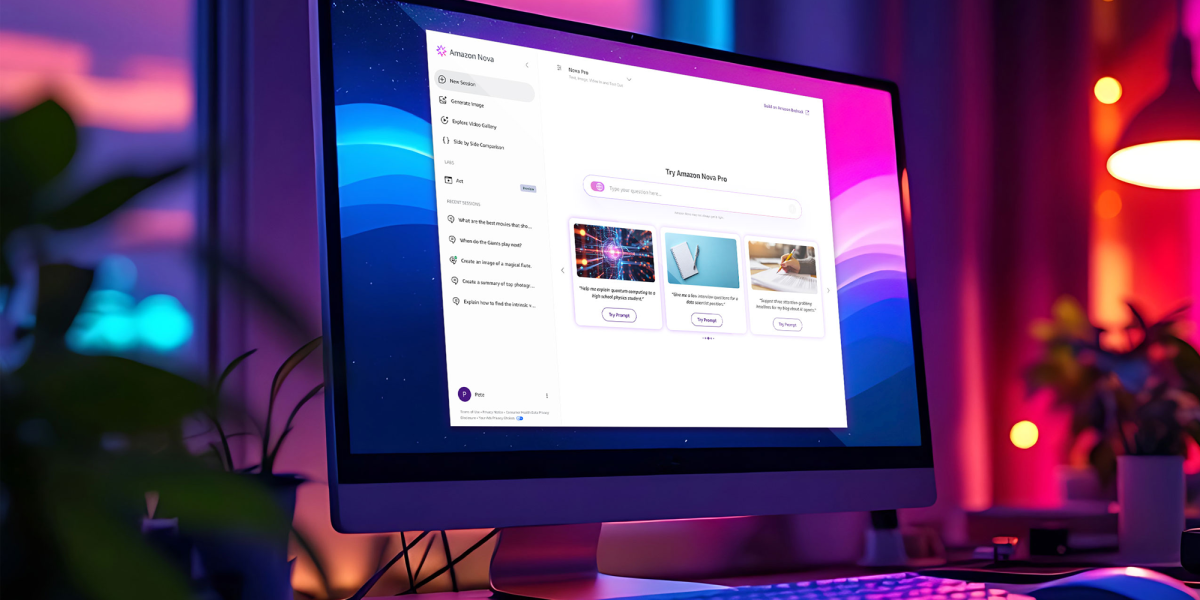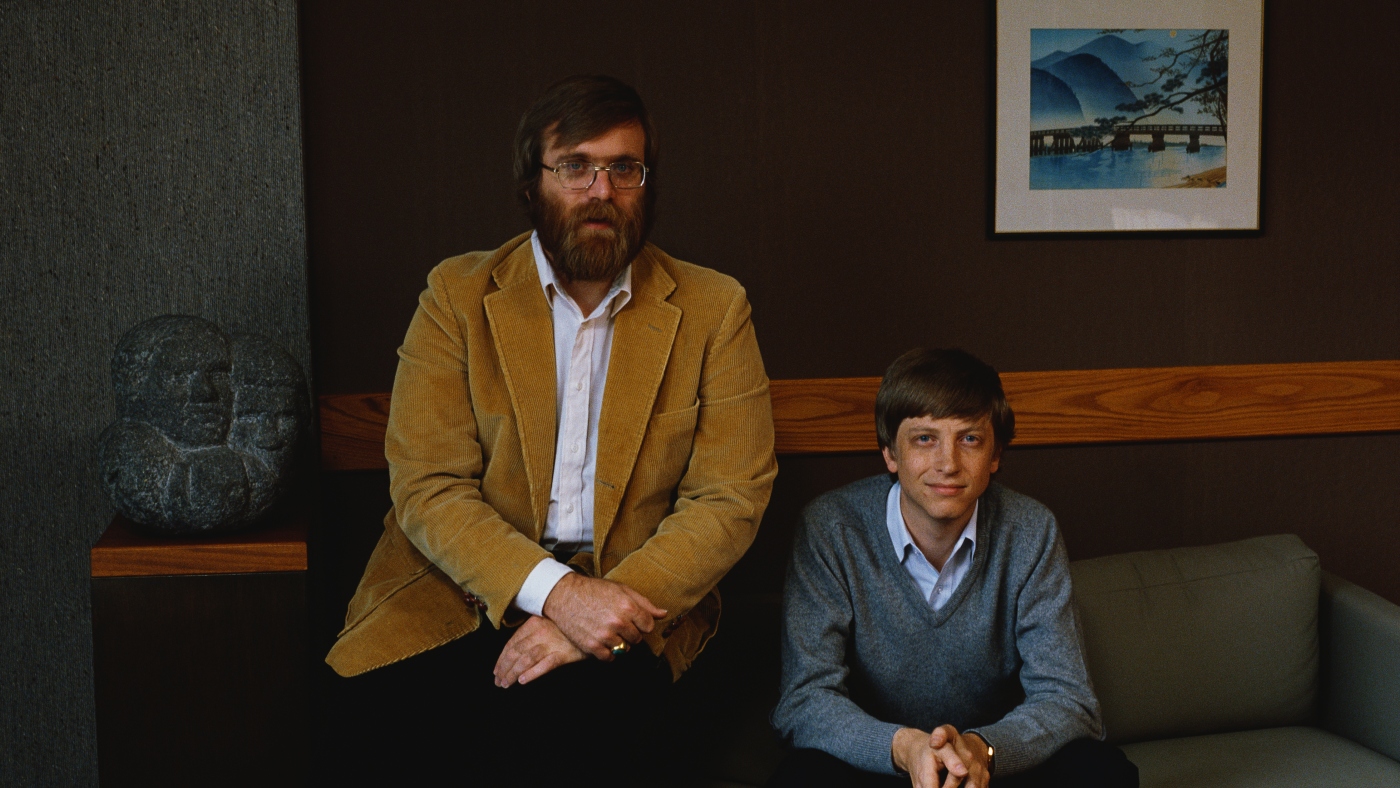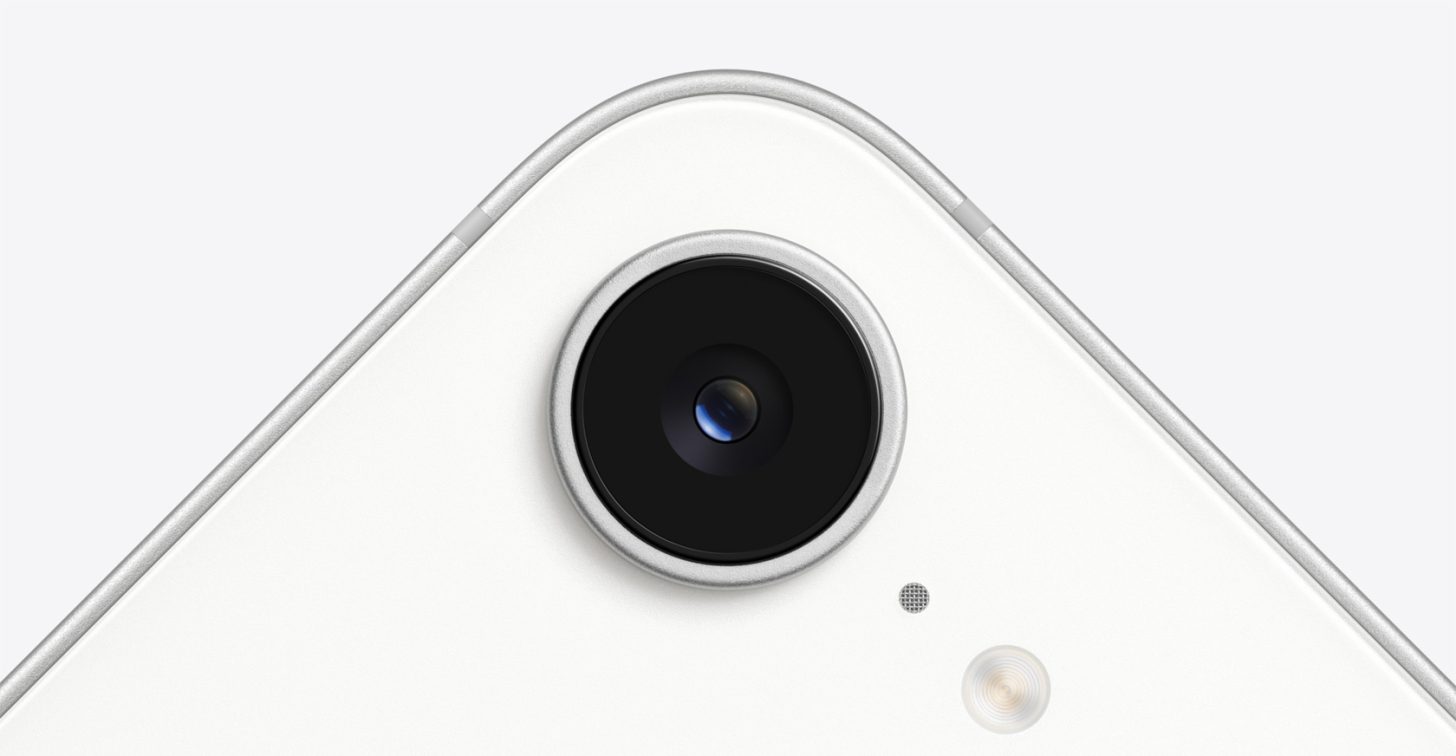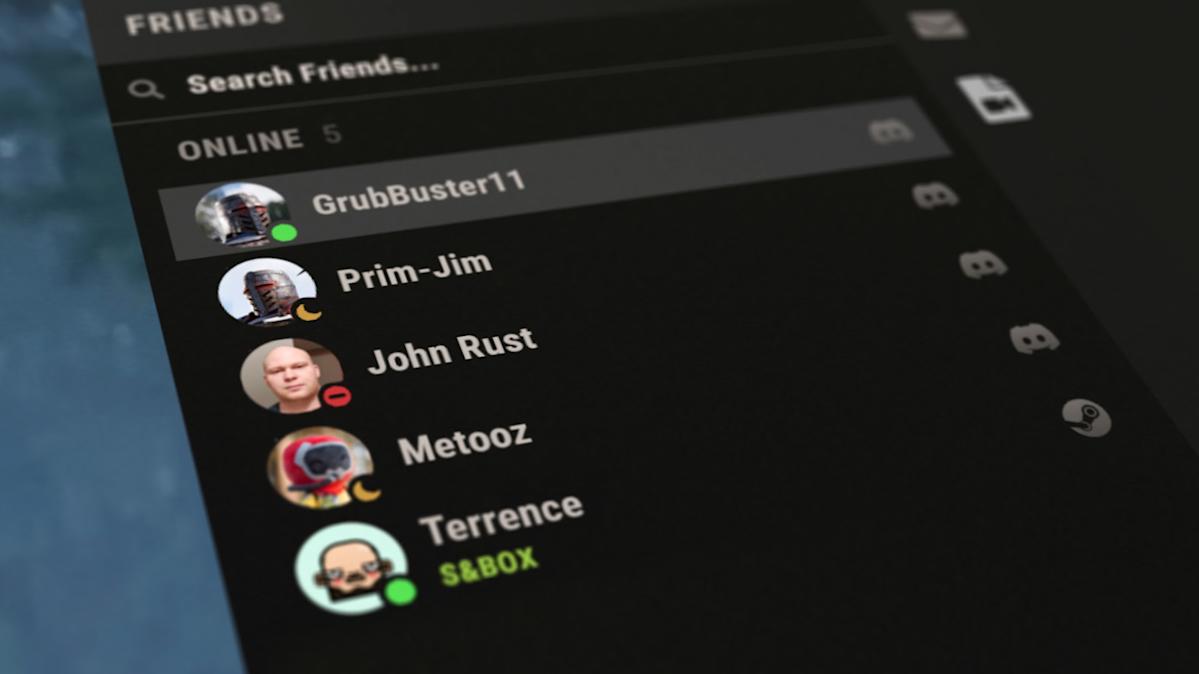Pilates: The Unexpected Path to Self-Love and Body Confidence
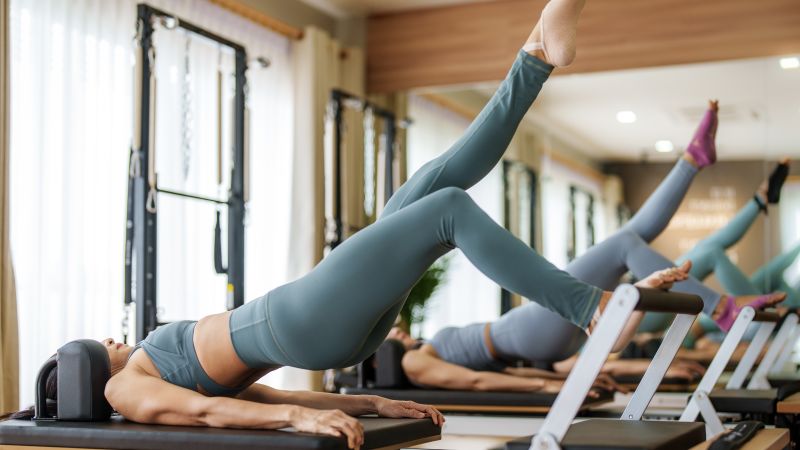
In the era of GLP-1 weight loss medications and the sudden glorification of ultra-slim physiques, I couldn't help but notice how the unexpected Pilates comeback seemed to mirror our complex social and political landscape. Curiosity piqued, I decided to dive into this fitness trend firsthand and uncover its deeper significance.
The resurgence of Pilates feels like more than just another fitness fad. It's a nuanced reflection of our current cultural moment—where body image, wellness, and societal expectations intersect in fascinating ways. With celebrities and fitness enthusiasts alike embracing this low-impact, mind-body workout, I was determined to experience its transformative potential for myself.
What began as a simple exploration quickly became a personal journey of discovery, challenging my preconceptions about fitness, body image, and the subtle ways our physical practices connect to broader social narratives.

